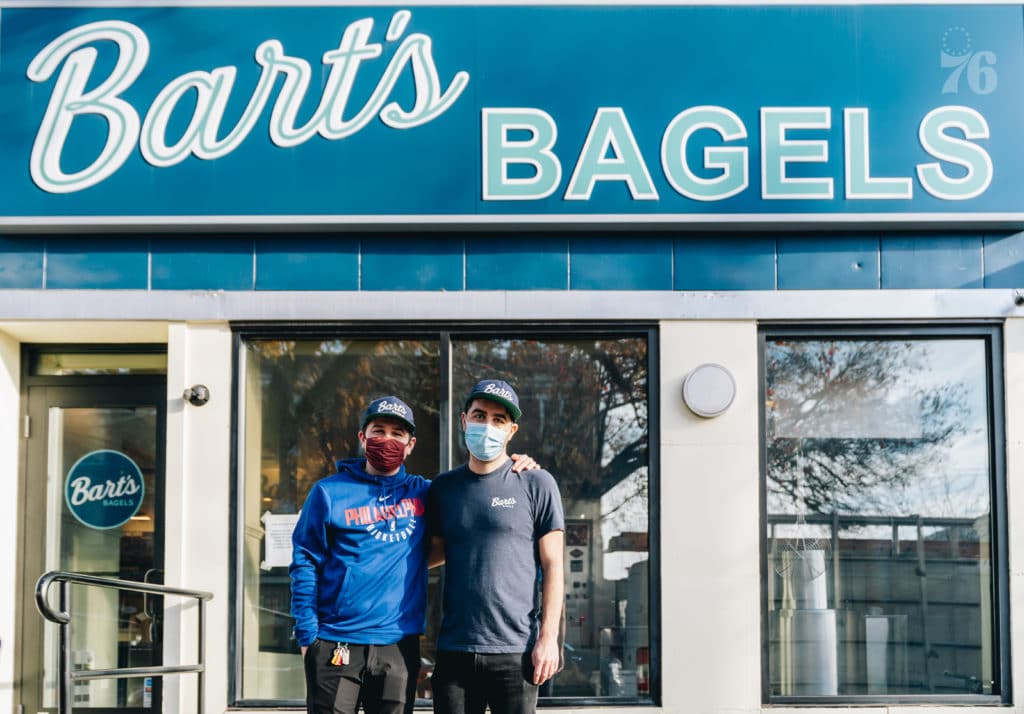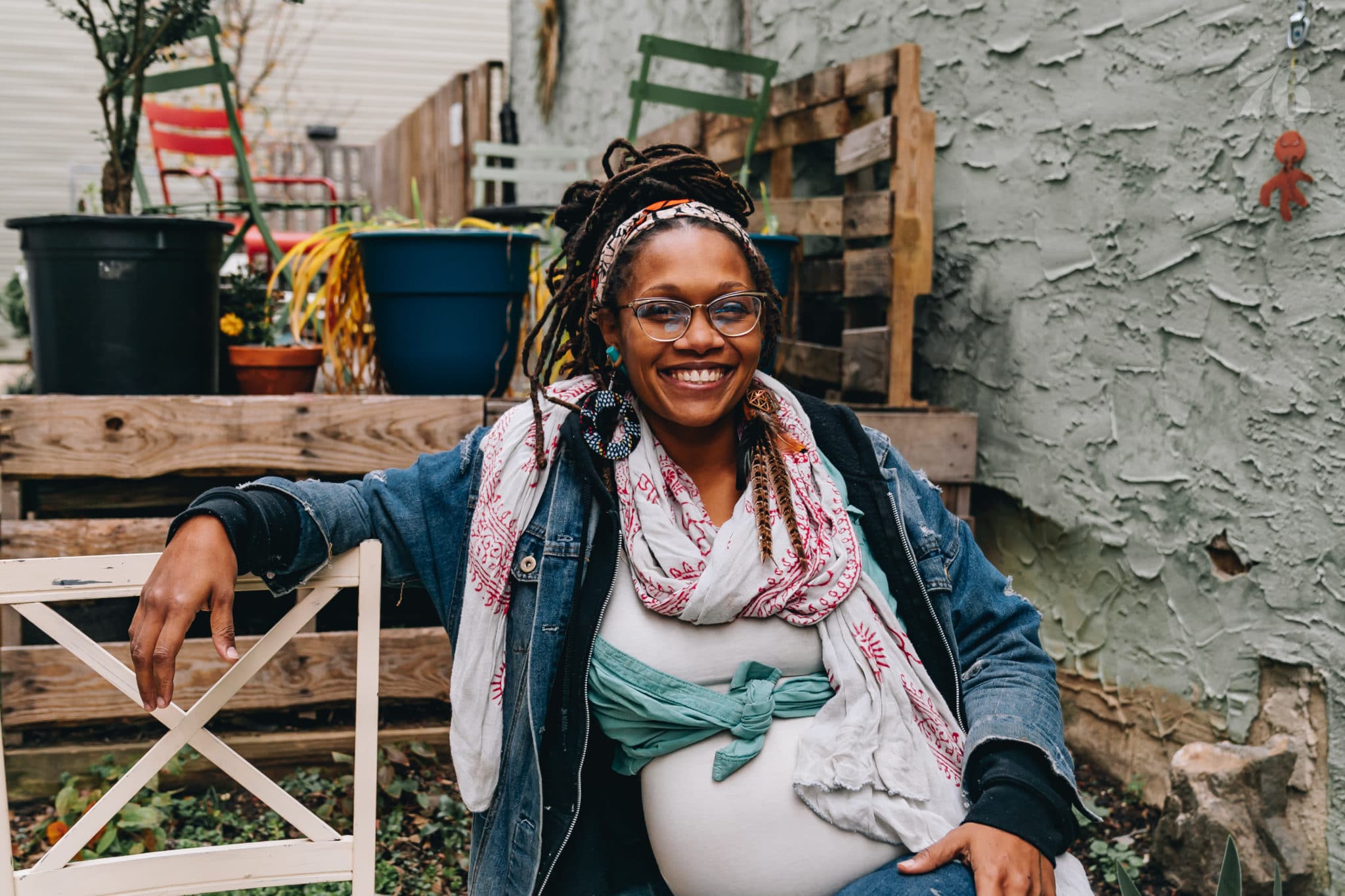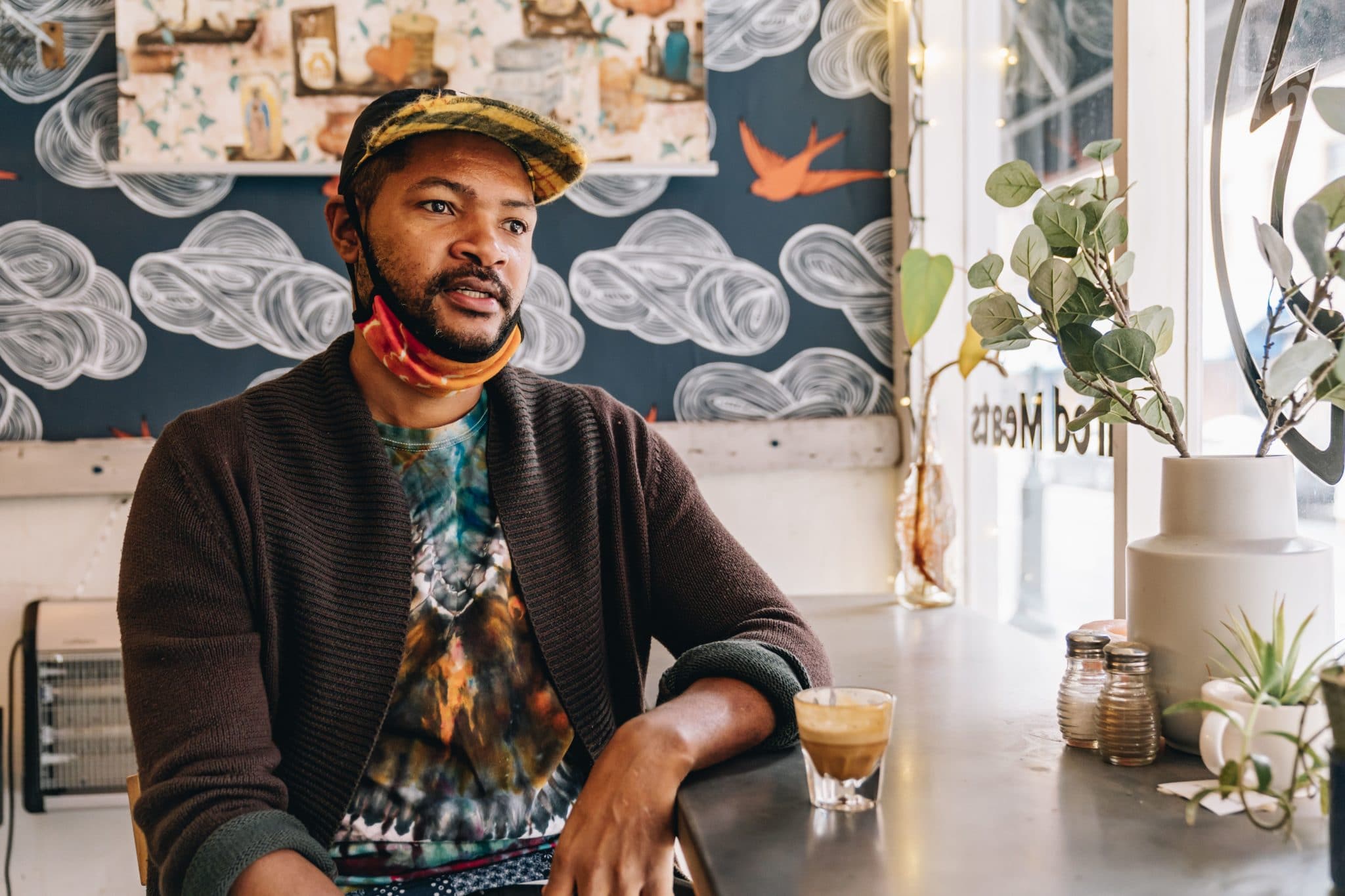Ad Disclosure
Sixers Go Hyperlocal With Game Day Initiative to Support and Promote Philadelphia’s Small Businesses

About two weeks ago, the Sixers dropped a video on Twitter that featured local business owners introducing themselves and their stores. Intertwined with their narration was a schedule release, which was a clever way to highlight some of Philadelphia’s mom and pop shops while announcing the first set of games the team would play this winter.
That video was creative and unique, but it was actually a part of a bigger initiative launched by the Sixers, to go game-by-game this season and highlight one small business at a time, in an effort to lend a hand during the COVID-19 pandemic.
“Our head of content, Sean Spencer, he thought of the idea of the schedule launch, to tie this in with a couple of small businesses,” Sixers President Chris Heck told Crossing Broad over the phone. “I thought it was perfect timing and an appropriate thing to do, but we thought we could get a little more creative in size and ambition. We only knew the first half of the schedule, which goes through the beginning of March. So why don’t we give our social media platform, which has six million followers, and give that to small businesses that would never be able to reach that amount of people? The thought was, why don’t we pick a small business for every single game, and what’s the hook? The hook is they get to announce what time the game is, where you can listen to it, where you can watch it, and the idea was to let the small businesses unveil what uniform we’re gonna wear that night.”
Each game day, you’ll see a video that includes the small business and a promotion. Then it gets shared across the Sixers’ social media platforms and official website, which reach several million fans.
“It’s a fun way to give the eyeballs of millions of people to these small business owners who are having a really hard go of it, that aren’t set up to have mass media and advertising,” said Heck. “We have those resources and wanted to share with those who really need it.”
In the schedule release video, you see a variety of small businesses from different areas of the city. Bower Cafe is in Washington Square West. There’s Neighborhood Ramen, on Third Street between South and Bainbridge. Harriett’s Bookshop and Nannie Franco’s Pizza represent Fishtown and the Italian Market, respectively.
It seems like this would be a significant undertaking, to canvass the area and pull it all together, but Heck says it was actually rather easy.
“The thought was that we’d put together a working group with the Sixers and I said, ‘if you have family members, friends, neighbors, or even places you frequent yourself, nominate those spots or ask them if they’re interested,'” Heck explained. “Within 24 hours we had it all filled up. Everybody was excited to be a part of it and give this opportunity to people they were somehow connected to. We didn’t have to go through any selection process; we were just able to gather up these small businesses that work and live around the folks that we work and live with. It was pretty easy.”
(Edit: the Sixers have now added a form where you can submit a small business for recognition and promotion)
Blew Kind, owner of Franny Lou’s Porch in Kensington (photo credit: Sixers)
Small businesses have been hit especially hard during the COVID-19 pandemic. These aren’t big box retailers who can take on huge losses or consolidate a more expansive work force.
And with Philadelphia imposing more strict regulations than what we saw in the suburbs, a lot of the hyperlocal stores within city limits took the hardest hit of all. Dining has been restricted on multiple occasions now, and most food and beverage spots simply didn’t have a lot of room to set up outdoor tables on cramped streets and sidewalks. Salons and barbershops were hit with rules that essentially forced many to shut down entirely, for an extended period of time.
As a result, we’ve lost a lot of places for good, places like Boot and Saddle, City Tavern, and Mad River. Some have been able to make it work during the pandemic, but the uncertainty and non-linear path forward seems to be the biggest issue to navigate.
“I have a very good friend in my town who operates a restaurant, is the manager of that restaurant,” Heck said. “I talk to him all the time and text with him. The concern is the rules changing, and how do they adapt, and how do they figure out new solutions to keep fighting on. These are folks who are, like all of us, working twice as hard, if not more, to accomplish a fraction of their goals. It’s to bring our community together, that we need to wake up and help out where we can.”
Thane Wright, Bower Cafe’s owner (photo credit: Sixers)
The Sixers, like most professional sports franchises, are running community-wide initiatives on a perennial and recurring basis. What the pandemic did was put charitable efforts into a somewhat unique and more scrutinized spotlight, as we turned to those with resources and money to step up to the plate during a time when the average American wasn’t sure if they’d be able to pay the rent or get food on the table.
Back in March and April, Harris Blitzer Sports and Entertainment started by getting their own house in order, with Josh Harris reversing an unpopular decision to temporarily reduce employee pay and hours during the pandemic. At the same time, HBSE stepped up to pay workers at the Prudential Center and the hourly staff who work Sixers games at the Comcast-owned Wells Fargo Center.
From there, HBSE purchased 10,000 Chromebooks for the Philadelphia School District, made a six-figure donation to Philabundance, and a similarly large donation to the RWJBarnabas Health Emergency Response Fund. $20 million was later committed to social justice efforts as part of an expansive, company-wide initiative.
Which leads us into the small business program and more of a hyperlocal approach, now nine months into the pandemic.
“I think at the beginning it was a quite easy path to follow,” said Heck. “The first component was how can we help support public schools. We purchased Chromebooks. We also did a lot of work with Philabundance and contributed money for food to families in needs. That was sort of the first stage. And then in the summer it went into the ‘help directly,’ of trying to support hospitals. We partnered with Cooper in Camden and CHOP, and millions of dollars were contributed there, to give them some resources they wouldn’t have had otherwise. The third component was racial justice, and we wanted to be active and open the dialogue and be part of a solution there. Then we went out into the ‘get out the vote’ push, and that was right in front us. That brings to right now, when we typically do our Season of Giving, which we’re still doing, supporting families in need with their mortgage, food, and clothing. That’s something we’ll always continue to do. But this came up, the small business focus, because it just resonated with all of us. I work with some special people who very much involved in the community, and it’s critical for us to represent the community in the best way possible.”
Heck you’ll recall, recently did an interview with the website Uni Watch that landed him in some hot water. That was a result of comments about Philadelphia’s “blue collar” nature that some people regarded as haughty and high brow, based on what was construed as a dismissal of the region’s working class mentality. We personally disagreed at Crossing Broad, explaining that while Heck missed the mark with his explanation, our interpretation was that he was just trying to detail how Philadelphia and our sports fandom is much more diverse and varied in 2020, spanning a much larger socioeconomic spectrum.
He later apologized for his comments in that interview and said this to us:
“First of all, I want people to know that I absolutely love this city and what it stands for. I’ve been here for nearly 30 years. I raised my kids here and this is my home. I lived in the city, I lived in Fairmount, I lived in Phoenixville, I lived in Wilmington, and I lived in Chester County. I never meant for my words to upset anyone. My word choice did leave a lot to be desired, but my point was really to explain (the concept) to people outside of this market, that have a certain perception of our city. I think our city has something for everyone, and that’s why we love it. It has history, it has tradition, and it brings together people in a very special way, and I’m proud of that.”
The city of Brotherly Love is open for business.
2020-21 Schedule presented by @Toyota pic.twitter.com/CJYvC7DBxZ
— Philadelphia 76ers (@sixers) December 4, 2020
Kevin has been writing about Philadelphia sports since 2009. He spent seven years in the CBS 3 sports department and started with the Union during the team's 2010 inaugural season. He went to the academic powerhouses of Boyertown High School and West Virginia University. email - k.kinkead@sportradar.com

